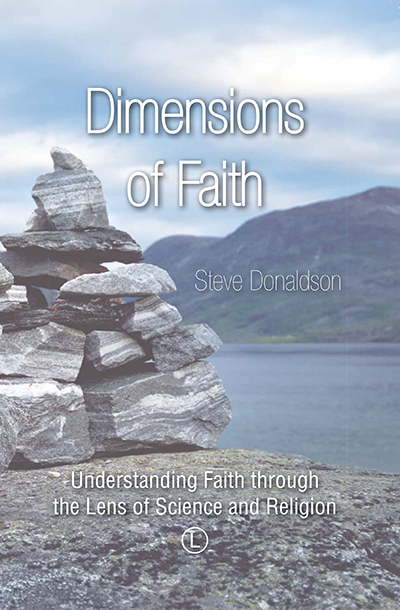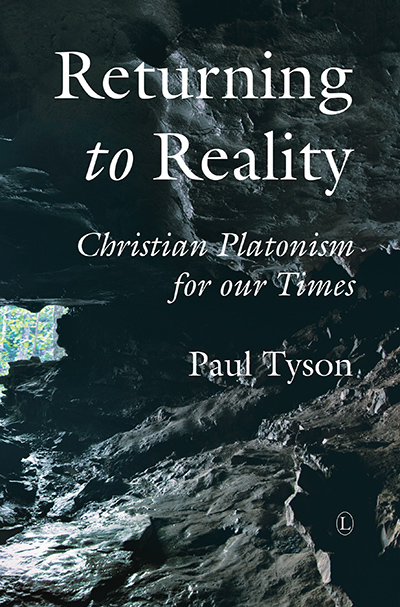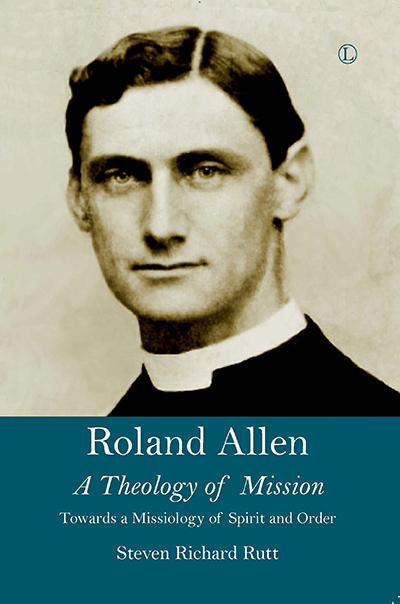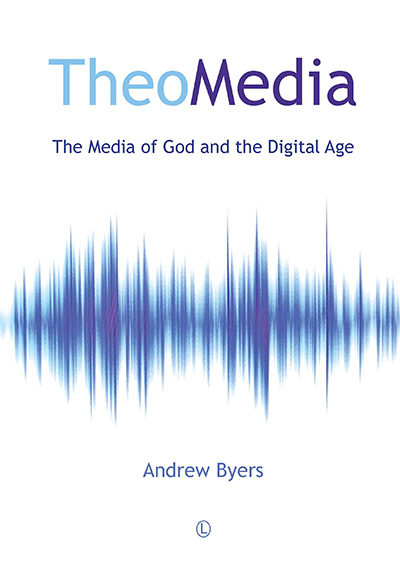Description
In Dimensions of Faith, cognitive scientist Steve Donaldson takes readers on a journey from the world of assumptions, set minds, widely varying beliefs, and popular misconceptions to an understanding of the true essence and role of faith as the natural and inevitable product of brains. Using numerous illustrations and examples, Donaldson shows how faith is necessitated by a variety of unavoidable limitations, exposes the myth of a divide between faith and critical thinking, provides practical advice for crafting coherent beliefs, and explains why there can never be such a place as “Factland”. Along the way he takes a special look at religious faith – evaluating its attributes, exploring its relation to other manifestations of faith, investigating whether God has done his job well enough to warrant the faith placed in him, and pondering how truth seekers can sometimes end up in very different places.
About the Author
Steve Donaldson, PhD, is Professor and Computer Science Program Director at Samford University in Birmingham, Alabama. He also co-directs the Computational Biology program, teaches in the Science and Religion and University Fellows Honours programs, and is one of the co-founders of the Samford Centre for Science and Religion.
Contents
Acknowledgments
Introduction: What Qualifies One to Build a Cairn?
Part I – The Nature of Faith
1. Saving the Assumptions
2. Who Believes What? – The Range of Human Beliefs
3. Misconceptions About Faith: What Faith Is Not
4. What Faith Is: Making Faith Concrete
5. Faith and Brains
Part II – Faith and Reason
6. The End of Knowledge: A Challenge for Faith
7. Crafting Rational Faith
8. Explorers and Mechanics: Creative Approaches to Faith
Part III – Religious Faith
9. The Nature of Religious Belief
10. What is Religion, Anyway?
11. How Clear Is God?
12. Is This Really What Religious People Mean by Faith?
Part IV – Conclusion
13. No End in Sight
References
Subject Index
Scripture Index
Endorsements and Reviews
In Dimensions of Faith, Donaldson offers a very readable argument that whether a person is religious or not, all of us are imbued with faith as a fundamental component of what it means to be human. Many authors have delved into faith from either a religious or scientific perspective; few have succeeded in integrating faith and reason in such a seamless fashion. Dimensions of Faith is a must-read for anyone interested in the interface of science and religion.
Thomas W. Woolley, PhD, Professor of Statistics, Samford University
Dimensions of Faith is a brilliant, engaging, and accessible meditation on its subject. [It] is a robust defence of human freedom and an encouragement against fear of openness to experience. You may not like all the answers offered here, but your assumptions about faith will not remain untouched (if you’re open to examining them). This is a book to think with and meditate upon.
Brian Steele, Associate Professor of History, The University of Alabama at Birmingham
In Dimensions of Faith, cognitive scientist Steve Donaldson takes readers on a journey from the world of assumptions, set minds, widely varying beliefs, and popular misconceptions to an understanding of the true essence and role of faith as the natural and inevitable product of brains.
Jonathan Vajda, in Theological Book Review, Vol 28, No 2
It should be of interest to anyone concerned with the nature and role of faith, whether they would consider themselves to be religious or not. it is insightful, winsome, thought-provoking and entertaining; a serious attempt to deal with an important topic and one which reveals that the question of faith may not be as cut and dried as those on different sides of the debate might have supposed.
Paul Roberts, in Science and Christian Belief, Vol 32, No 1, 2020






